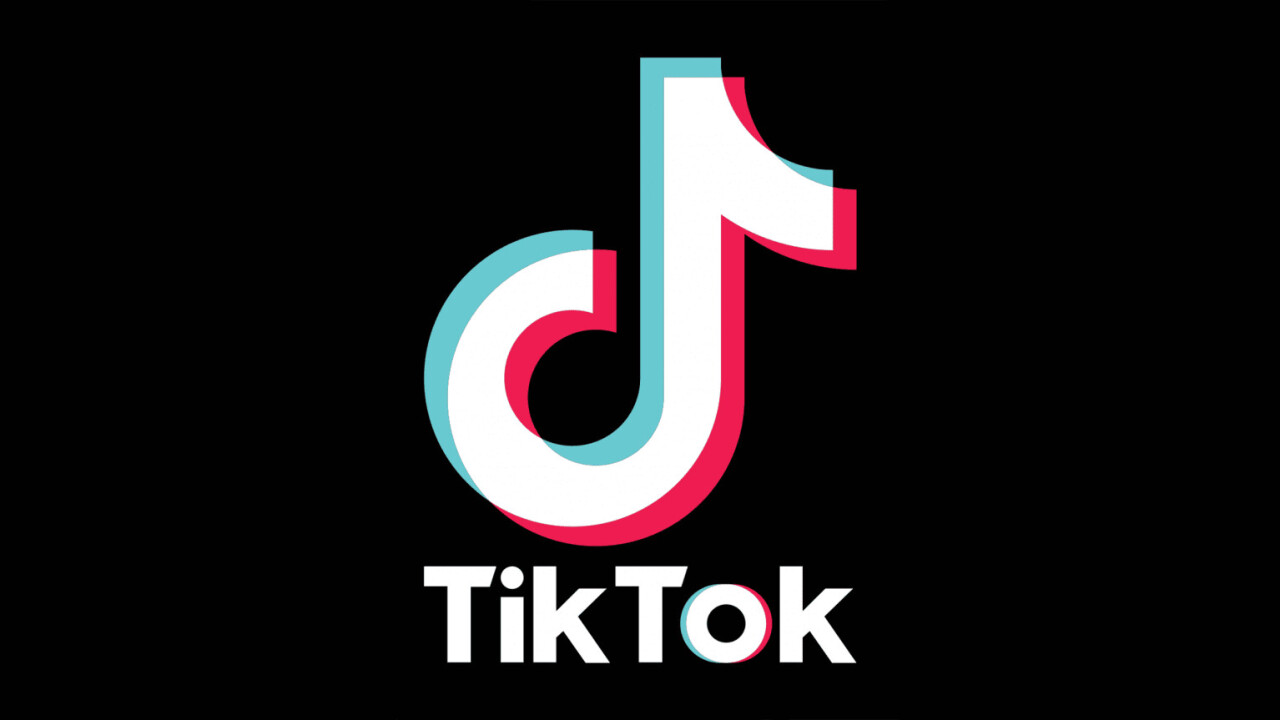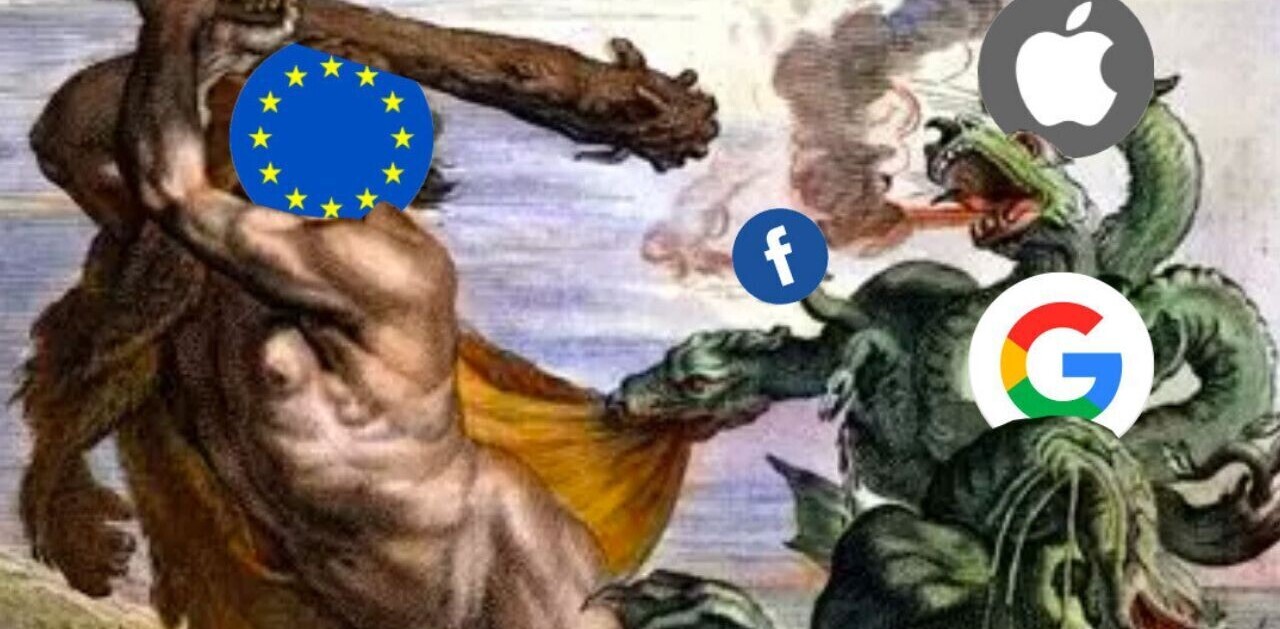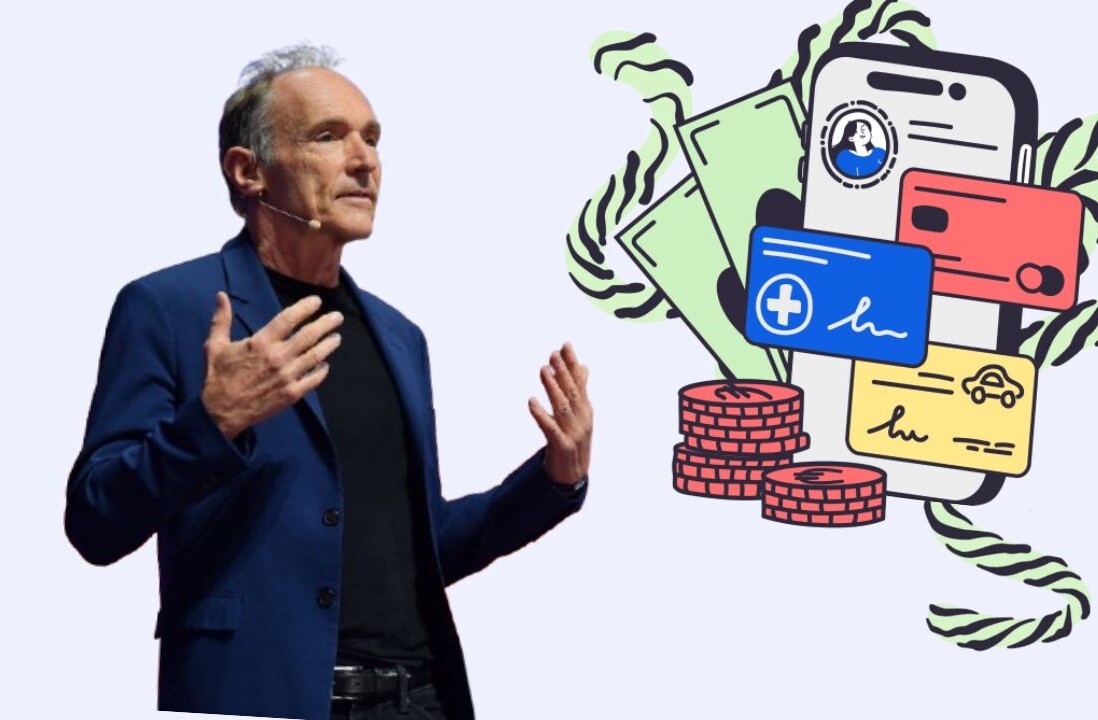
The US government today announced a new initiative to restrict TikTok in app stores, a move which comes after weeks of uncertainty over whether the app would be banned in the US. It’s not banned yet, but the restrictions are very close — and it could be banned outright by November.
In case you haven’t kept up, the administration led by President Donald Trump has issued executive orders that would both restrict transactions with the app — which is what this new ban is about — and would force the parent company to find an American buyer for its American operations. As of this Sunday, you won’t be able to update or download the app from any app store.
TikTok parent company ByteDance was given until the middle of this month to find a buyer for its US operations. It appeared to be gravitating towards Oracle as of the last report. However, it appears its efforts are too little, too late, as the Trump administration moves to get rid of both it and WeChat, another popular Chinese-owned app. WeChat doesn’t exactly have the option to work with a US buyer, so it appears it’ll be banned outright come Sunday, while TikTok will be in restricted mode until ByteDance can figure out some equitable arrangement with the government.
Note that this isn’t, in and of itself, a ban. According to the Commerce Department, it’ll essentially make it impossible for the app to be maintained in an app store, either on iOS or Android. The Department published a list of “prohibited transactions” that’ll take effect on Sunday. The transactions include:
- The ability to update and maintain TikTok and WeChat on app stores
- The use of TikTok’s code in other apps
- Any kind of internet hosting service that would let someone use TikTok
- The ability to process payments in WeChat
The government’s problem with TikTok and WeChat is largely, so it says, a matter of privacy. In President Trump’s original executive order, he expressed concern that the apps could store data on American users that could be accessed by the Chinese government. The press release from Secretary of Commerce Wilbur Ross reads: “The Chinese Communist Party (CCP) has demonstrated the means and motives to use these apps to threaten the national security, foreign policy, and the economy of the U.S. Today’s announced prohibitions, when combined, protect users in the U.S. by eliminating access to these applications and significantly reducing their functionality.” According to the New York Times, the primary reason it’s targeted these two apps is the censorship benefitting the CCP that both apps practice. The original executive order reads:
TikTok also reportedly censors content that the Chinese Communist Party deems politically sensitive, such as content concerning protests in Hong Kong and China’s treatment of Uyghurs and other Muslim minorities. This mobile application may also be used for disinformation campaigns that benefit the Chinese Communist Party, such as when TikTok videos spread debunked conspiracy theories about the origins of the 2019 Novel Coronavirus.
Meanwhile, TikTok is fighting back against the ruling. A TikTok spokesperson said in a statement, “We will continue to challenge the unjust executive order, which was enacted without due process and threatens to deprive the American people and small businesses across the U.S. of a significant platform for both a voice and livelihoods.” TikTok CEO Vanessa Pappas, has publicly asked Facebook and Instagram to support TikTok, via a tweet at Instagram head Adam Mosseri, saying the ban would be “bad for the industry.”
We agree that this type of ban would be bad for the industry. We invite Facebook and Instagram to publicly join our challenge and support our litigation. This is a moment to put aside our competition and focus on core principles like freedom of expression and due process of law.
— Vanessa Pappas (@v_ness) September 18, 2020
TikTok filed a lawsuit against the Trump administration last month, claiming it’d not given enough evidence that there were security concerns. Note that there’s still a chance it could come to an agreement with the government and an American buyer. If it doesn’t, it’ll be banned outright on November 12.
Get the TNW newsletter
Get the most important tech news in your inbox each week.




